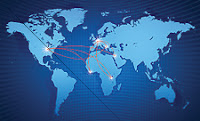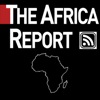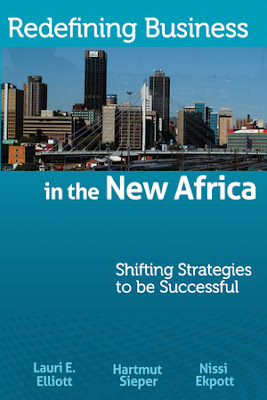
Relatives in shock, mourn accident victims in Kawethei, Kangundo Kenya Residents of Kawethei village in Kangundo, Machakos County were still paralysed by the hard blow they received on Saturday night, after 23 members of the village, including six from one family, were killed in a road accident. By Monday, the atmosphere in the sun-baked village was still charged with gloom, shock and mourning as families and neighbours came to terms with the incident that also left many residents fighting for their lives in hospital
Miriam Mutua is assisted by relatives as she mourns her mother, Rose Ndinda
Homes of several families were scenes of mourning as neigbours and leaders converged to console and help them to handle the tragedy. "We have never seen a thing like this before. We have just lost so many people at once that we don’t know what to do. We are still in shock. But we pray for strength from God,” said Nicodemus Wambua, a resident. Huge crowds of villagers assemble









